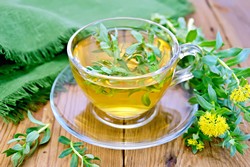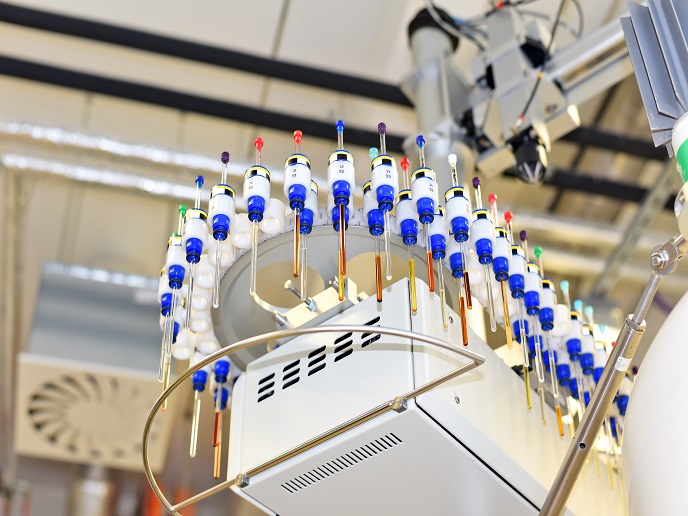A new way to sort plant material
Difficulty in identifying plant raw material is a hindrance to this crucial step in quality control of medicinal plants. In order to guarantee a plant’s identity and to ensure the consistent and reliable quality of starting material, this step in the process must be made easier. Current methods for identifying plant raw material can be unreliable, especially when only pulverised single plants are available. There is a need to improve on the traditionally available methods that are based on principles of pharmacognosy and phytochemistry. The EU-funded VITANGO (DNA-based tests for commercial medicinal plant authentication) initiative – consisting of one academic and one commercial partner – has developed a sensitive quantitative test to distinguish plant genetic material from that of related species. The assay can also detect low levels of contamination from any other plant species. The research team worked principally with Rhodiola rosea, used in herbal medicine to fight fatigue and improve physical performance. VITANGO obtained DNA sequences for 4 DNA barcode regions and 10 potential contaminant species for the study. Researchers identified the most appropriate region from the DNA sequences on which to base the design of polymerase chain reaction (PCR) primers. This would allow VITANGO to distinguish between medical plants and the contaminant or non-target plants. The team took more than 100 samples through the assay using rosavines as chemical markers. They used DNA sequencing to confirm PCR results, and found agreement between the molecular and chemical identification for most samples. VITANGO studied the feasibility of incorporating DNA-based tests for a range of plants into the industrial partner’s quality control procedures. The researchers also identified the most appropriate strategy and technology platform for DNA-based tests to recommend as an industry standard for proper regulation. VITANGO implemented a reciprocal training programme between the academic and commercial partners to foster stronger ties and collaboration between industry and academia. The researchers continued work to lower the level of contamination detectable to 2 % and to apply the methods to other medicinal plant species. These results show promise to help speed up medicinal plant identification and ultimately increase the competitive edge of European plant-based pharmaceutical products.





